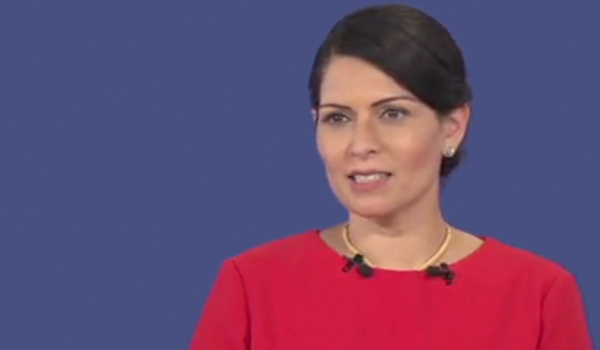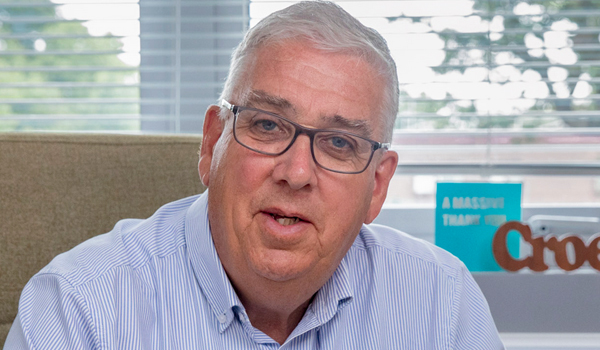Drug-driving limits to be introduced in Scotland
Scottish drivers will face limits on the amount of legal drugs they can have in their systems as the Government pledged to bring legislation in line with England and Wales.

Drug-driving limits and roadside testing will be introduced in Scotland as early as 2019, Justice Secretary Michael Matheson has announced.
Although it is already illegal to drive under the influence of narcotics, the new limits will simplify prosecutions as officers will not have to prove motorists were impaired.
Anyone found unfit to drive will be handed a minimum 12-month ban, up to six months in prison and a fine of up to £5,000.
The new law means Scotland will have the same drug-driving laws as England and Wales – as well as one of the lowest drink-driving limits in Europe.
Police Scotland officers will also be given the same access to roadside testing kits as their English and Welsh colleagues.
Mr Matheson said: “With the lower blood-alcohol limit well established, I want to give our law enforcement agencies enhanced powers to tackle drug driving and so make our roads even safer.
“While it is a long-standing offence to drive while impaired by drugs, by introducing new drug-driving limits and roadside testing for the presence of drugs, we will strengthen the ability of our police and prosecutors to tackle the minority of drivers who recklessly put other road users and themselves at risk.”
The announcement was made just three days after the Scottish Conservatives launched a campaign calling for the Government to take action.
The party claimed a cap on the level of drugs people can take before getting behind the wheel would make it easier to prosecute dangerous drivers.
A similar law was introduced in England and Wales in 2015, and approximately 14,000 drug-driving arrests were made in the first year after it was enacted.
Scotland still has the lowest drink driving limit in the UK, at 50 milligrams per 100 millilitres of blood.
The country’s roads are also becoming safer, and the fatal accident rate dropped 13 per cent to 157 between 2014 and 2015.
The Scottish Government is currently consulting Police Scotland, the Scottish Police Authority and the Crown Office and Procurator Fiscal Service on the new law’s operational requirements.
Regulations should be laid for approval by the end of the year, with full implementation expected in 2019.
Chief Superintendent Andy Edmonston, Police Scotland’s lead for road policing, welcomed the proposed legislation.
He said: “Police Scotland looks forward to working closely with our partners and the Scottish Government in the run-up to the introduction of the legislation in 2019 to ensure we are properly prepared.
“I would also remind motorists that it is currently illegal to drive whilst unfit through drugs and that remains a focus for Police Scotland.”






